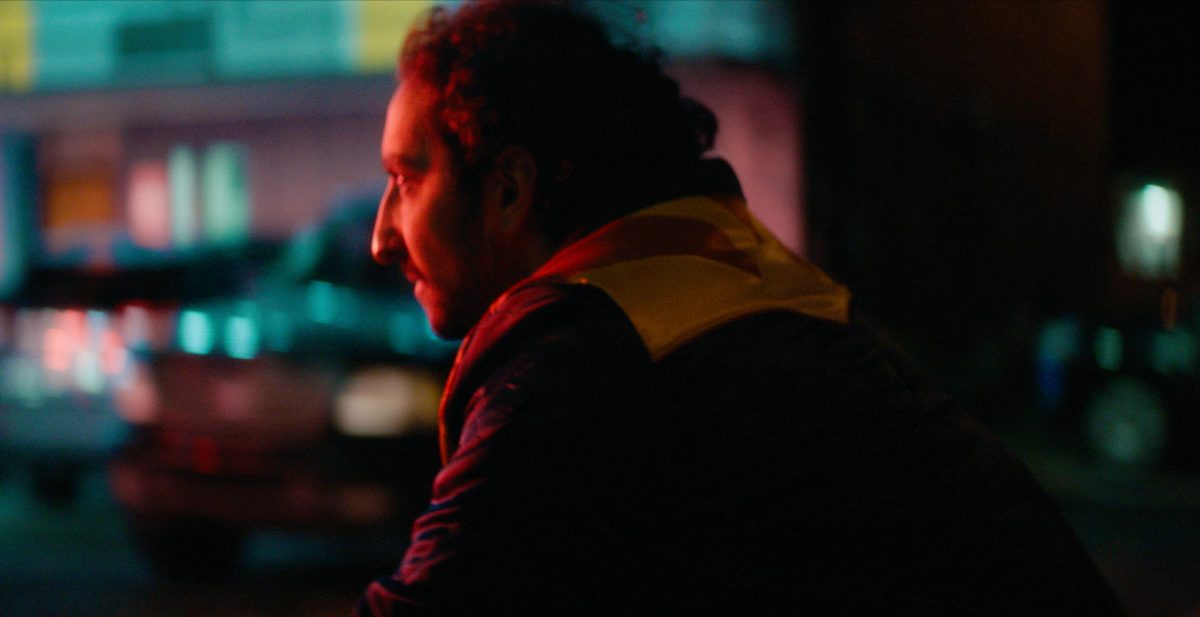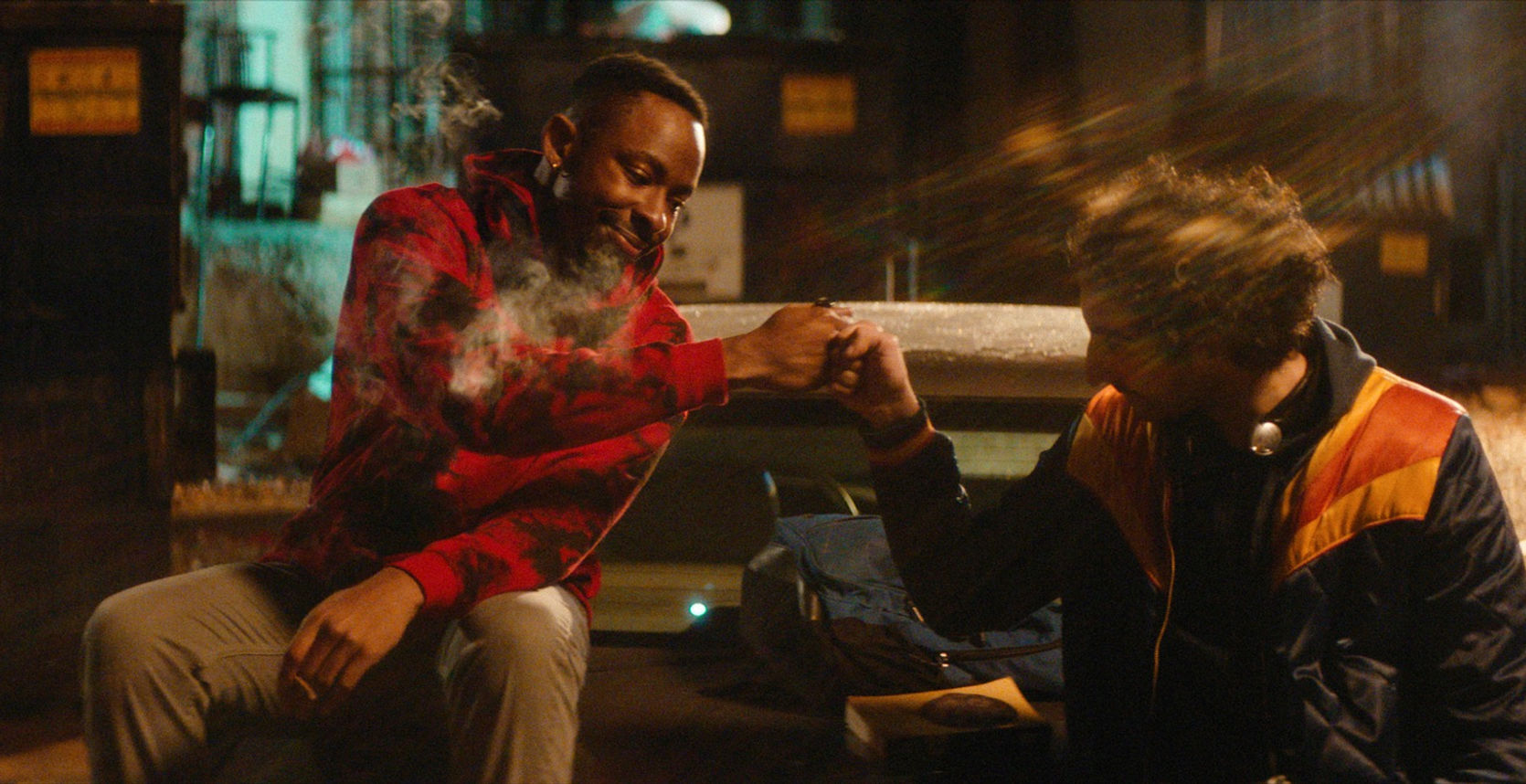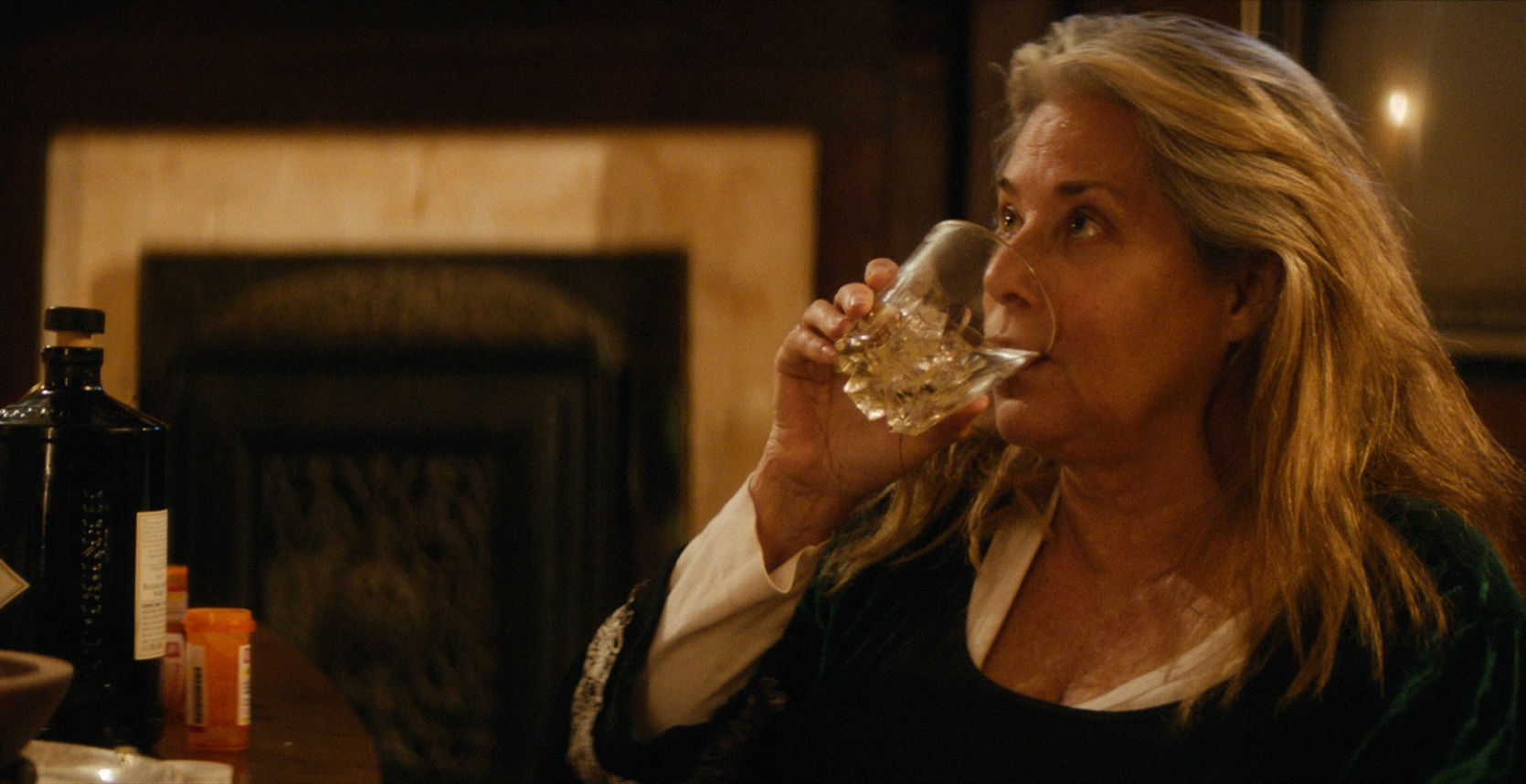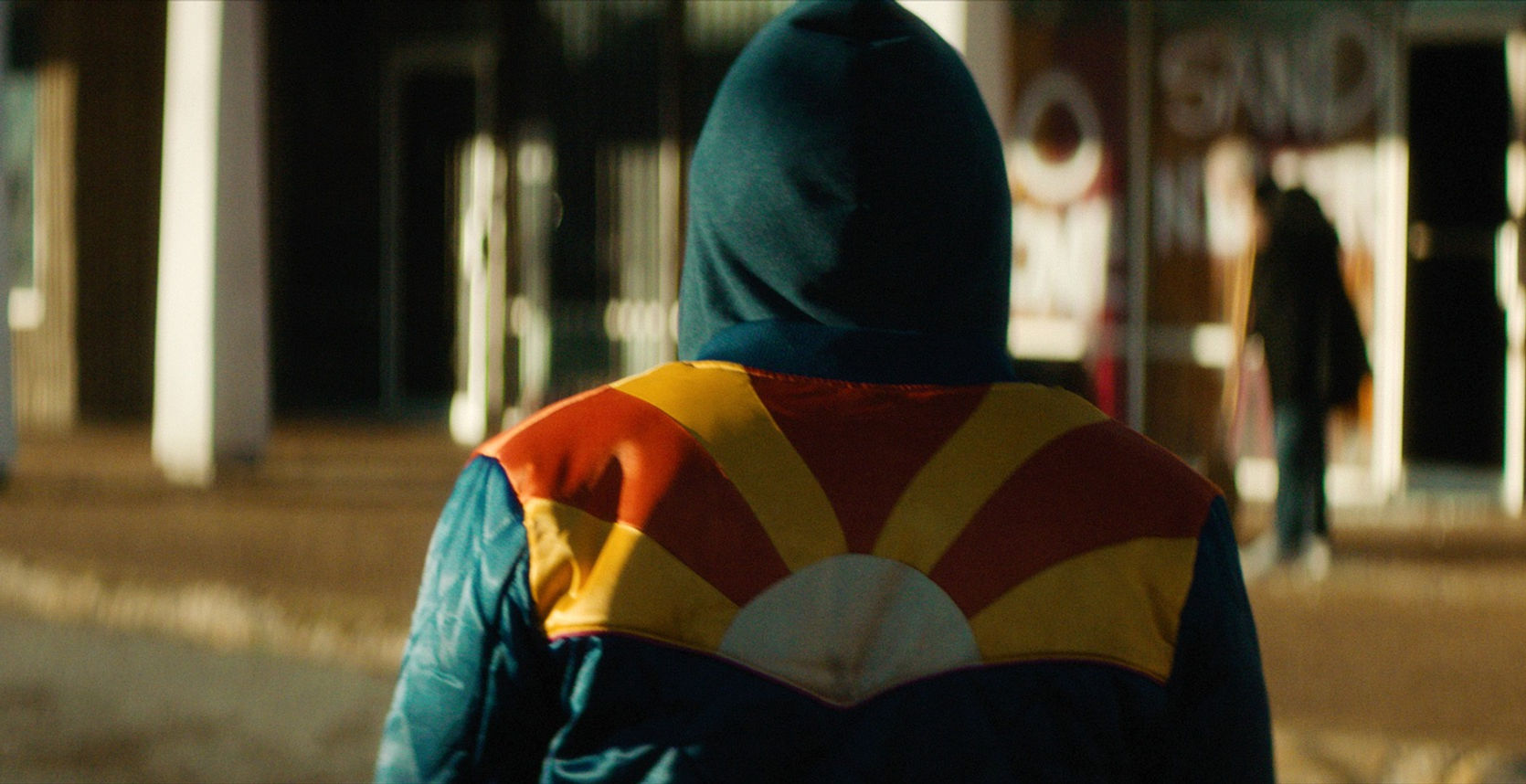Here’s your weekly guide to what’s new and worth your time on the big screen in Memphis.
The movie with the buzz this weekend is Love Lies Bleeding. Kristen Stewart stars in this erotic thriller from director Rose Glass and A24. Stewart is Lou, a gym manager in the steroid jungle of Las Vegas in the 1980s. Her life is upended when Jackie (Katy O’Brian from The Mandalorian) starts training at her gym, and spending the night in her bed. When Lou’s mob boss dad (Ed Harris) gets involved, bodies start to hit the floor.
The second film opening this weekend which premiered at the Sundance Film Festival is The American Society of Magical Negroes from first-time helmer Kobi Libii. The magical negro, a stock Black character who shows up in stories to make white people feel better about themselves, is a long tradition in American fiction. David Alan Grier stars as a trainer for the secret society, designed to keep on a lid on race relations, who bites off more than he can chew with his hapless new recruit Justice Smith.
The Malco Summer Drive-In is reopening for spring, and Time Warp Drive-In is back with Night In The City: The Deadly Urban Worlds of Martin Scorsese. The first of the triple feature is a favorite of Marty heads everywhere. Goodfellas is a flawless film about the lure of the underworld and the consequences of the lifestyle. Early in the film, Scorsese drops one of the all-time great long takes, called a “oner” in movie parlance. Watch as Marty simultaneously introduces Ray Liotta and Lorraine Bracco’s characters Henry and Karen Hill and paints the world around them in a single tracking shot that lasts a little over three minutes.
Taxi Driver is where the legend of Marty really got rolling. Robert De Niro stars as Travis Bickle, a cabbie with a violent streak who develops a crush on a campaign worker played by Memphian Cybill Shepherd. On set, De Niro served as a mentor to Jodi Foster, who was twelve years old when she was cast as a child prostitute who Bickle tries to rescue from a life on the street.
I’m just going to say it: Oppenheimer was mid. Killers of the Flower Moon should have won the Best Picture Oscar. It’s now my favorite Scorsese joint. Anyway, here’s the trailer to my now second-favorite Scorsese, and the third film on the Time Warps’ killer triple bill, which rolls on Saturday at dusk, After Hours.
Credit where it’s due, Kung Fu Panda, the animated series of furry wuxia parodies is way better than it has any business being. That’s mostly thanks to the flawless voice work of human cartoon character Jack Black, but you gotta give the inventive animators props, too. The fourth one in the series is currently the number one movie at the American box office.
If you haven’t caught Dune: Part Two yet, the sci fi epic is worth seeing on the biggest screen you can find. If you have seen it, maybe go again.




